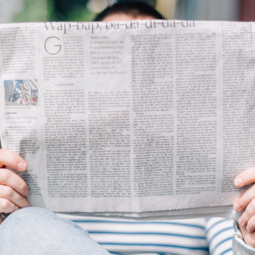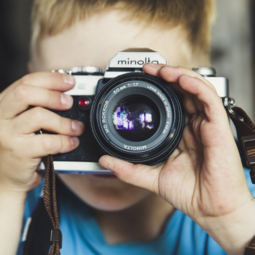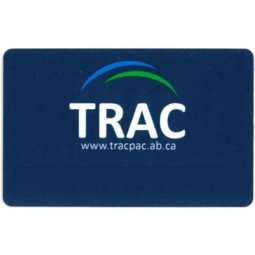Haha, Fooled You!
Yes, you have fallen for "click bait!" I fooled you into entering a site that was not at all what you thought it was. My hope is that you will stay and read further.
A recent keynote speaker, Craig Silverman, inspired me in a presentation called "The Truth about Fake News." He told us that although most people believe they can spot fake news, when presented with a short test many are proven wrong about their own abilities.
His opinion is that libraries and library staff could be an advocate for educating our citizens in spotting fake news. I recently found the following line from the book "on Immunity," by Eula Biss that I believe is equally appropriate across all strata of information.
"...when we encounter information that contradicts our beliefs… we tend to doubt the information, not ourselves."
It is my hope that the following quotes and websites will help all of us become more informed on the accuracy of what we are reading and slower to share much of the dubious information that is currently circulating.
Sheryl Pelletier, Library Director
This environment is fracturing the way we construct and apply trust.
We must re-invent how we consume and interact with information and media — or risk losing touch with reality.
--Craig Silverman
Rather, the problem is that when we encounter opposing views in the age and context of social media, it’s not like reading them in a newspaper while sitting alone. It’s like hearing them from the opposing team while sitting with our fellow fans in a football stadium. Online, we’re connected with our communities, and we seek approval from our like-minded peers. We bond with our team by yelling at the fans of the other one. In sociology terms, we strengthen our feeling of “in-group” belonging by increasing our distance from and tension with the “out-group”—us versus them. Our cognitive universe isn’t an echo chamber, but our social one is. This is why the various projects for fact-checking claims in the news, while valuable, don’t convince people. Belonging is stronger than facts.
--Zeynep Tufekci, “How social media took us from Tahrir Square to Donald Trump”
The following are sites that Mr. Silverman cited in his presentation that I hope will aid you in your reading.
University of Toronto Libraries link to their website on this topic:
https://onesearch.library.utoronto.ca/faq/how-do-i-spot-fake-news
Africa Check: Sorting Fact from Fiction: A GREAT resource that gives examples of how easy it is to fool even the most careful of readers:
https://africacheck.org/factsheets/guide-how-to-spot-fakes-and-hoaxes-online/
Verification Resources: A link to Mr. Silverman's extensive list of tools, websites, and educational resources dealing with mis-information and fake news.
https://docs.google.com/document/d/1ZJbIUk5L8fe3VKK9CLVNMj9qOFdXG-RhQT6pyEgsS4I/edit
I hope these tools help you as we move forward in this strange world together. ~~Sheryl






